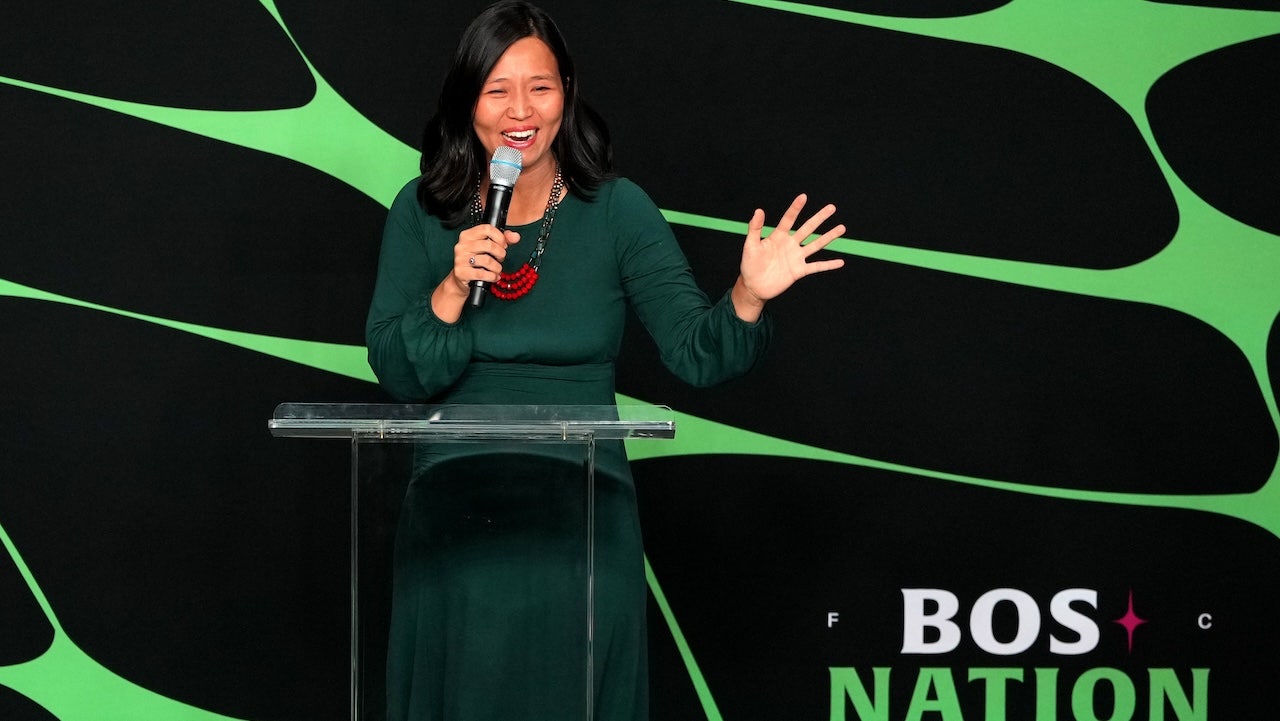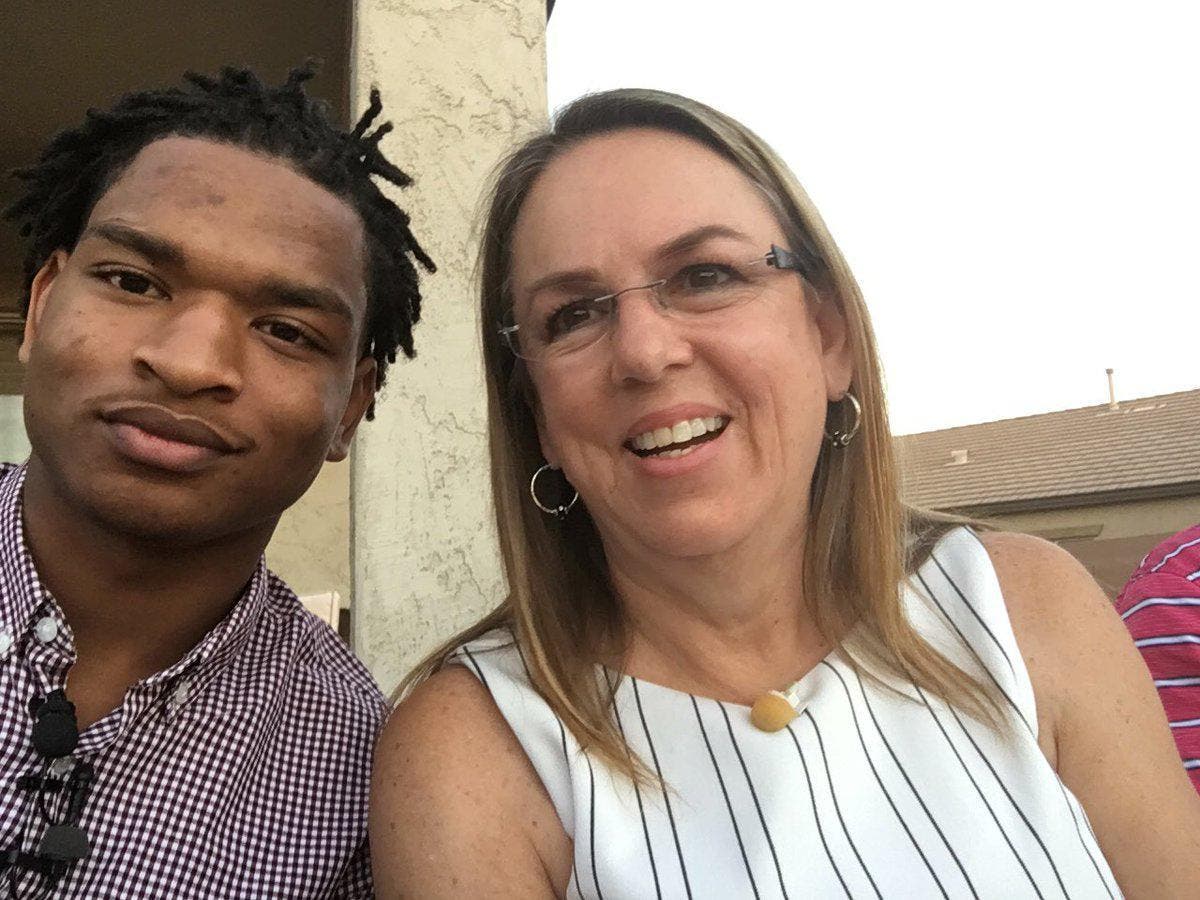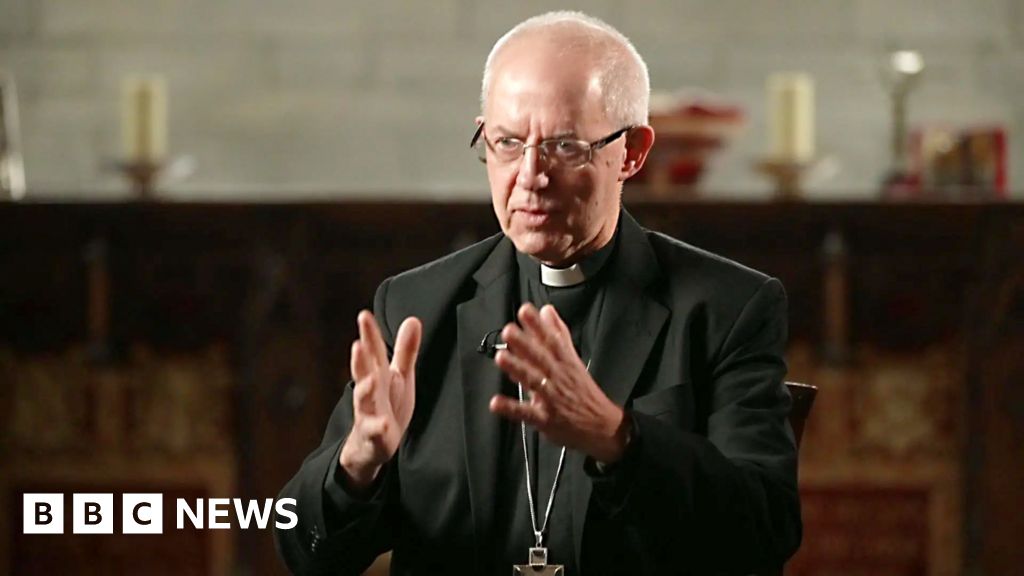As fantastical as “Open Throat” sounds, Hoke was inspired by a true tale of feline adventure. Around 2012, a cougar — an actual cougar — was spotted prowling around Griffith Park in Los Angeles. Over the next decade, the 123-pound cat, designated P-22, became Hollywood’s coolest, most elusive celebrity — the subject of chance encounters, branded merchandise and social media posts.
Hobbled by traumatic injuries, P-22 was captured and euthanized in December. California Gov. Gavin Newsom called him an icon and an inspiration. Tickets to his memorial service at L.A.’s Greek Theatre reportedly sold out in hours.
But Hoke’s novel is far removed from that aura of fame and adoration. When we meet the cat, he’s “a secret member of town.” He hasn’t had a proper meal for weeks and can’t remember the last time it rained. He’s thirsty and hungry — and transfixed by what he’s seeing. The park draws all sorts of people looking for refuge or stealth. Through a thicket of branches that camouflage him perfectly, he watches a woman filming an S&M porno with her phone. “I try to understand people,” the cat thinks, “but they make it hard.”
That’s the purr of a classic perspective in American literature that stretches back to Huckleberry Finn, an outcast naif whose bewildered commentary plumbs our strange behavior, our extravagant passions, our senseless cruelty. “I see in the dark,” the cat says. “I’m a good listener.” But it’s the combination of attention and naiveté that charges his observations with unconscious profundity.
“I think I’m a kind of poet,” he says. Indeed. At his best, he’s a furry Jenny Holzer. While licking his paws, he tosses off ironic lines that seem destined for display on walls and T-shirts:
“I feel more like a person than ever because I’m / starting to hate myself.”
“I’m old because I’m not dead.”
Lying in a tree above a path, the cat eavesdrops on people walking through the park. “The hikers talk about their therapists,” he says. “A therapist is something I want.” The best ones, apparently, are in a faraway land called “new york.”
I want to go to a place
where I won’t be hated
where there are therapists running around
everywhere like deer and I can just find one and
catch it and pin it down
store it somewhere safe and visit it once a week
Another time, as the cat wakes up, two women are passing by with their huge water bottles. One complains that she can’t find enough time in the day. He hears the other say, “that’s just your scarce city mentality you have to work on that.”
“I’m not sure what a scare city mentality is,” the cat thinks, “but I have it.”
Hoke coughs up these little hairballs of comic misunderstanding throughout “Open Throat,” but it’s the pathos that sustains his novel. The mountain lion speaks for a lonely, alienated generation. We can hear that plainly when he finds an abandoned cellphone and thinks, “phones don’t work for me.” It’s not just that he can’t hold it correctly. “Who would I call what would I say where would my / voice go,” he wonders. “I have so much language in my brain / and nowhere to put it.” Don’t we all.
Watching a pair of men have sex in his cave, the cat remembers his friendship with another male mountain lion who once shared a deer carcass with him. It’s a recollection both sad and sweet — and slick with blood. “No deer lasts as long as you want it to,” he sighs. That relationship gave him a vague sense of his queer identity, and its loss left him permanently bereft.
Since the Fall, stories involving talking animals have been mercifully rare. It’s become a conceit leashed so strongly to children’s literature that four-legged narrators feel fundamentally juvenile. But every once in a while, a clever writer exploits that prejudice by placing a linguistically sophisticated animal in a thoroughly adult setting. The effects can be surreal, as in Kafka’s “Metamorphosis”; satiric, as in Orwell’s “Animal Farm”; or comic, as in Benjamin Hale’s “The Education of Bruno Littlemore,” about a very philosophical chimp. Loquacious dogs have featured in a couple of novels, too, but as the cat in “Open Throat” says: “Dogs don’t do it for me.” They are, perhaps, too fundamentally sentimental to produce the kind of unnerving effect I want from a speaking beast.
Wisely, Hoke keeps this story short, but it’s more than just a series of doleful observations. There is an actual arc to this plot, though it’s so fragile I won’t say more than that it’s sparked by a horrendous crime against a group of people — “his people” — living in the park. Forced into the sprawl of Los Angeles — what he calls “ellay” — the cat creates a den under a mansion.
I look around at all the space I have and I think of
all the other space in this house and in every house
on this street and in all of ellay and I think how the
people of my town could be here too
He’s just one more lost soul in the City of Angels. “If you feel alone in the world,” he advises, “find someone to worship you.”
That’s not the only bit of wisdom to chew on in this untamed book.
Ron Charles reviews books and writes the Book Club newsletter for The Washington Post.
A note to our readers
We are a participant in the Amazon Services LLC Associates Program,
an affiliate advertising program designed to provide a means for us to earn fees by linking
to Amazon.com and affiliated sites.















































